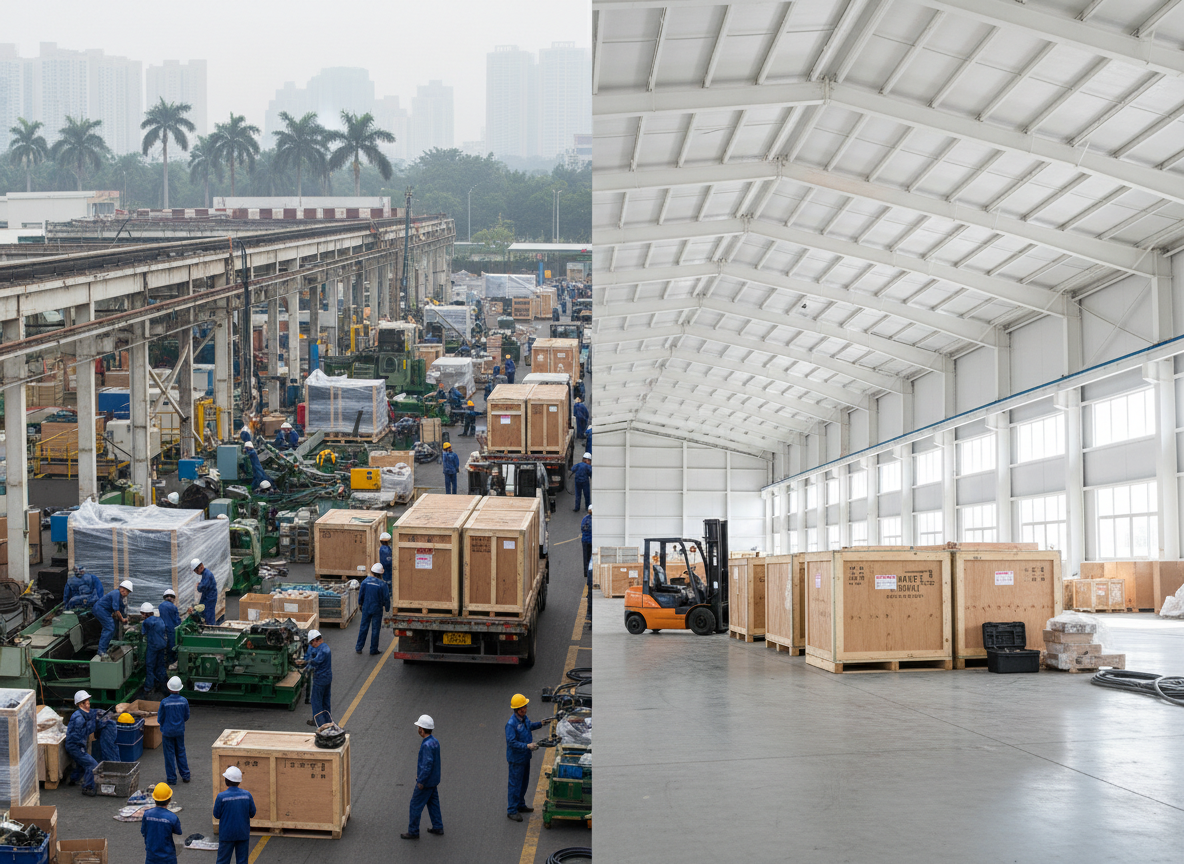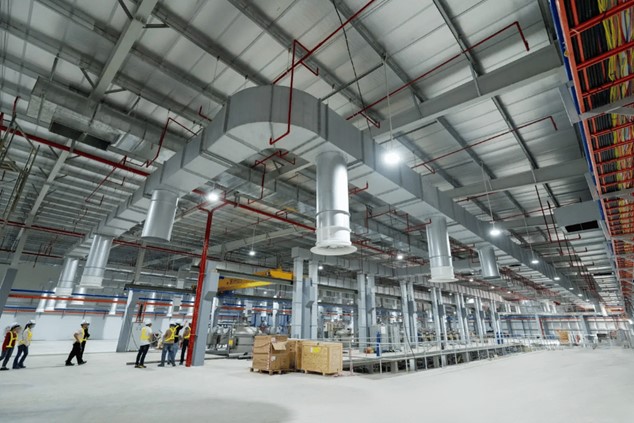Undoubtedly, lean methodologies in remote work can introduce a wide variety of potential improvements. Remote work is inherently rife with potential for inefficiencies. The lean approach, originating in manufacturing, focuses on reducing waste and maximizing value. To learn about remote continuous improvement strategies in these settings and how they can help maintain productivity, read on.
Lean Methodologies in Remote Work
One of the primary challenges in remote work is maintaining communication and operational efficiency. We’ve all experienced unending cascades of emails and unnecessarily long meetings draining hours in the day, all because team members can’t physically be in the same space together.
In lean terminology, extending the decision-making process through excessive back-and-forth could be categorized as a form of transportation waste, one of the many types of inefficiencies described in lean manufacturing analysis.
But how can you overcome this? There are a number of tools to borrow from lean management which can be helpful, including:
- Value Stream Mapping: It’s a method of visualizing the flow of information throughout the product’s lifespan. Planning everything ahead of time helps team members stay on schedule and always keeps them informed of what the next step is.
- The 5S System: Also known as Sort, Set in Order, Shine, Standardize, and Sustain, this five-step process can be altered slightly in the digital space and used to encourage teams to streamline their daily task organization, remove distractions and foster more discipline.
- Kanban: As a visual scheduling system, the Kanban framework has long established itself in continuous improvement efforts due to its simplicity and transparency, which reduce confusion in decision-making.
- Kaizen (Continuous Improvement): The overarching principle of striving to improve. Nobody is infallible, and small improvements made over time add up to big changes in the long term.
Bridging the Gap: Implementing Remote Continuous Improvement Strategies through Virtual Collaboration
While these lean methodologies listed above cover most of the principles and provide a solid foundation, a crucial aspect of lean management that has traditionally posed a challenge in remote settings is that of the Gemba walk. These play a crucial role in lean manufacturing, as the term itself refers to going to “the actual place” of work to observe how processes take place in action—something seemingly impossible to carry out in a remote context.
However, advancements in technology, like 5G networks, have had an enormous impact on real-time 360° video streaming and collaboration. It has now become significantly easier to accurately conduct remote Gemba walks, allowing team managers to:
- Perform remote inspections: Safety inspections and continuous improvement go hand in hand, and conducting them remotely lets managers identify inefficiencies in real time.
- Facilitate real-time problem-solving: When issues arise, team members can quickly respond to these problems and share information visually for increased efficiency.
- Enhance training procedures: New team members can receive necessary training and knowledge at a much faster rate, regardless of their physical location.
As a pioneer of this technology, Avatour is ready to empower your business to overcome the challenges of remote collaboration. Schedule a demo today to see how we can enhance your team’s efficiency in remote settings and eliminate the need for excess travel.
Adapting Lean Methodologies to Continuous Improvement -The Takeaway
Despite seeming like an insurmountable task at first glance, integrating lean methodologies in remote work is more feasible than ever. Companies that decide to implement remote continuous improvement strategies by iterating on value stream mapping, the 5S system, or the Kanban system to adjust it to their business needs can launch themselves far ahead of complacent competitors.
On top of that, remote Gemba walks serve as an indispensable tool for overseeing processes. With the use of 360° video platforms for remote teams, you can greatly eliminate the problem of distance and achieve just as much operational efficiency as you would with in-person check-ins.
You may also read: Sustainable Business Practices through 360° Remote Collaboration: Reducing Carbon Footprints








